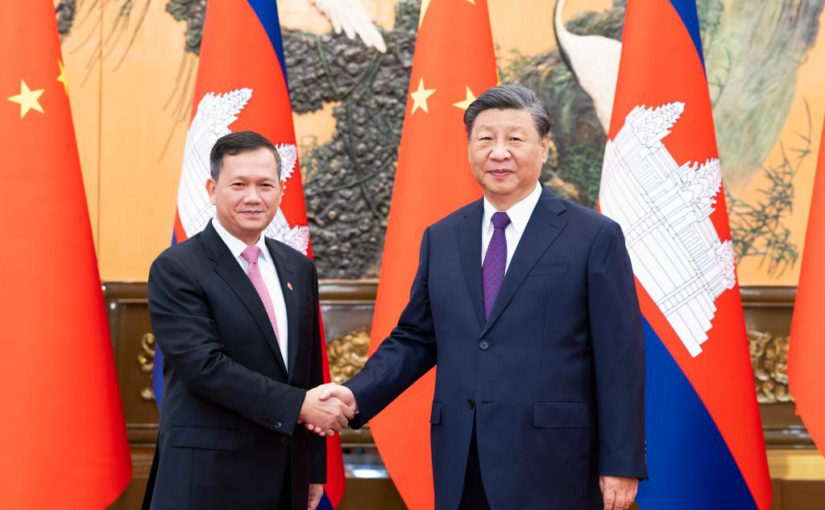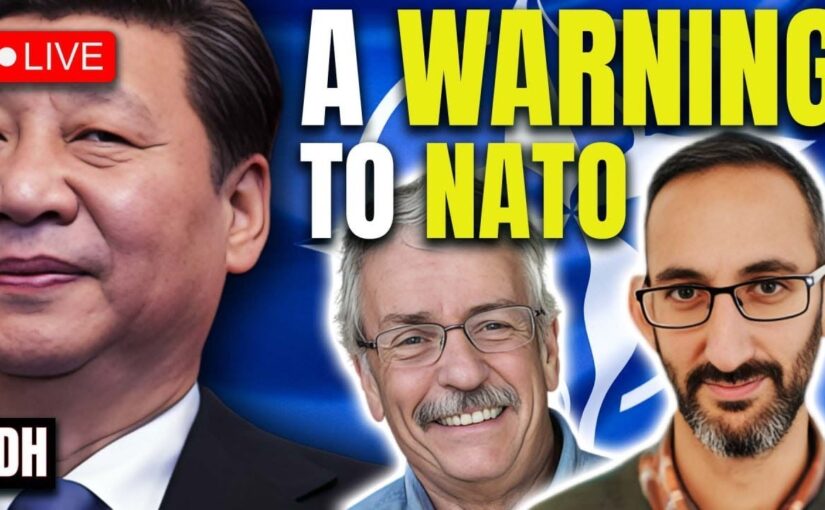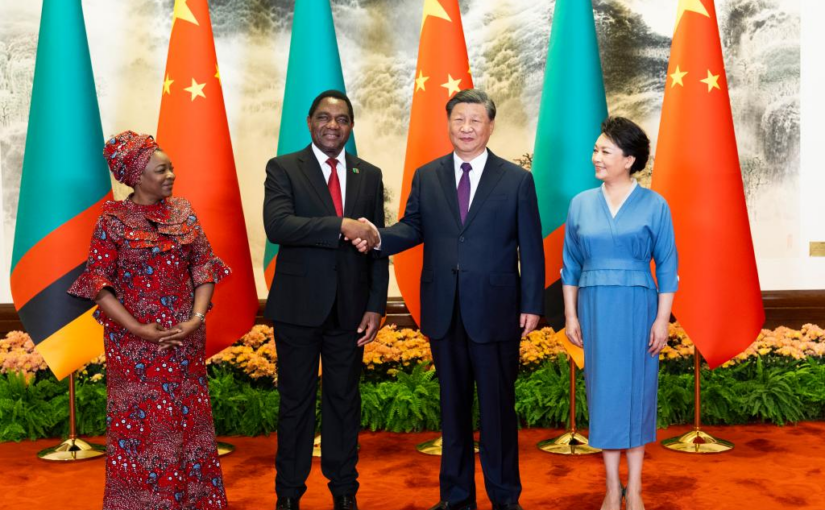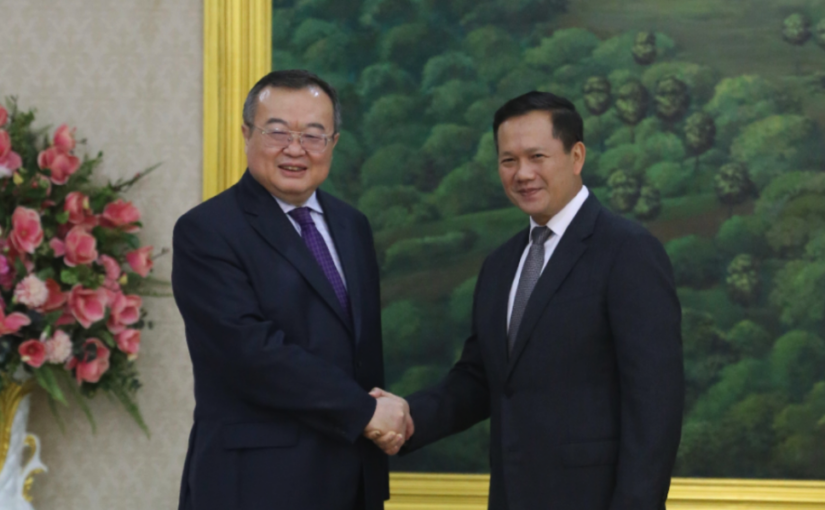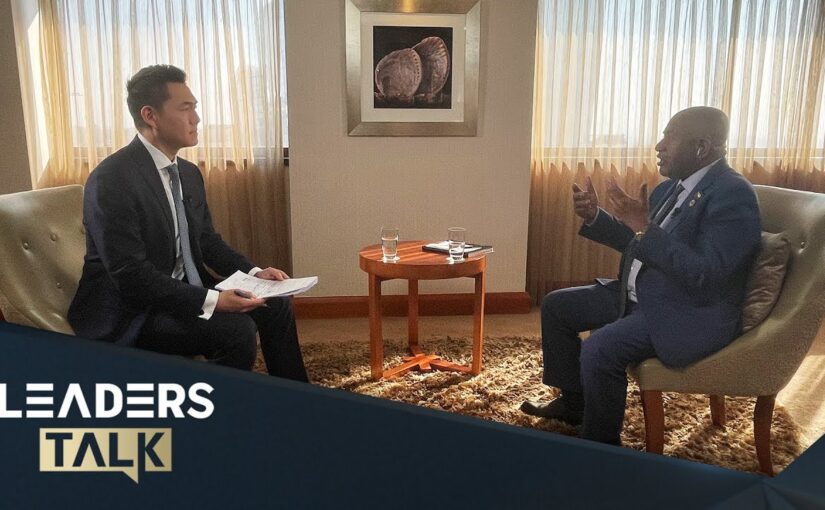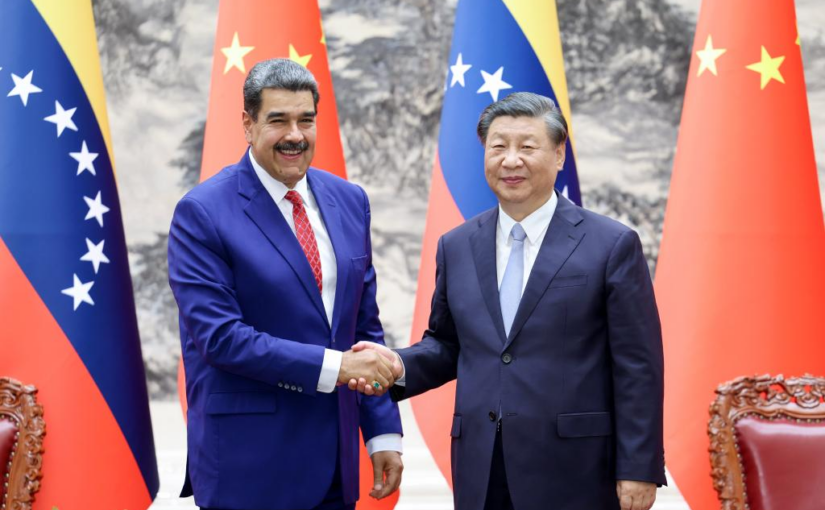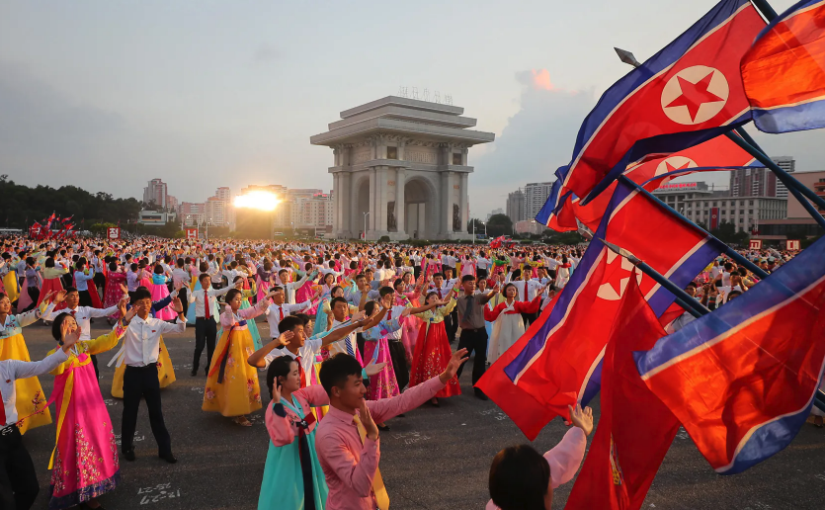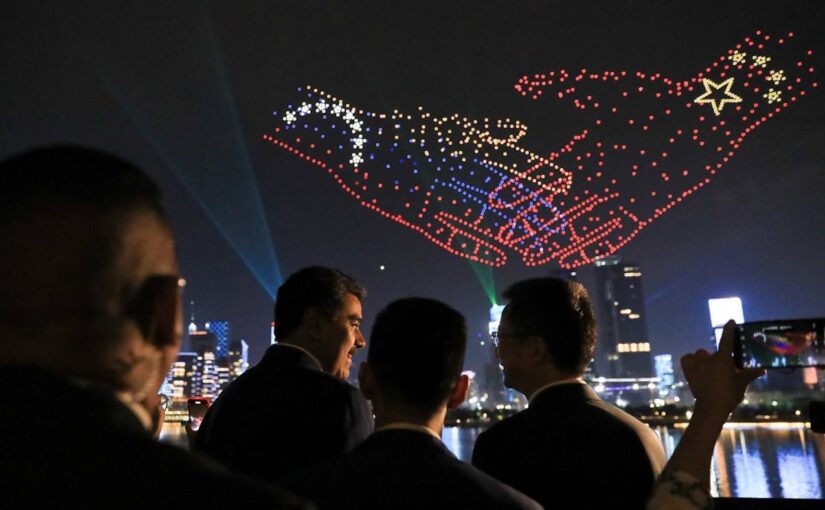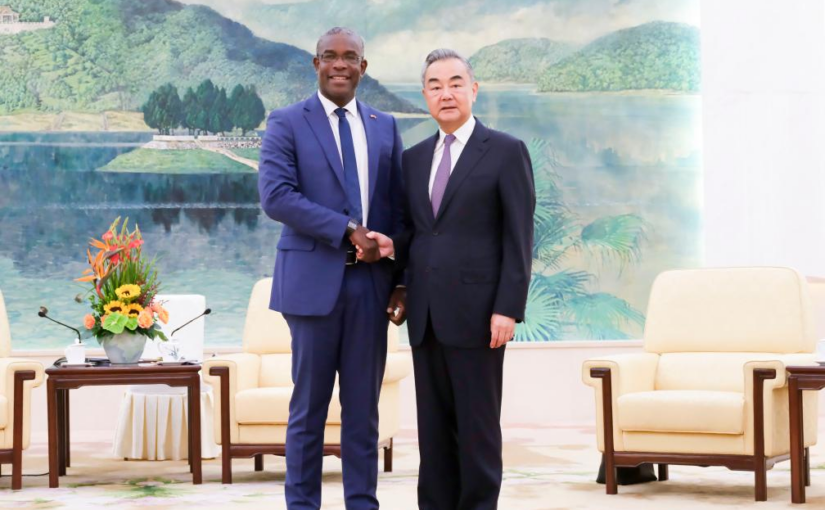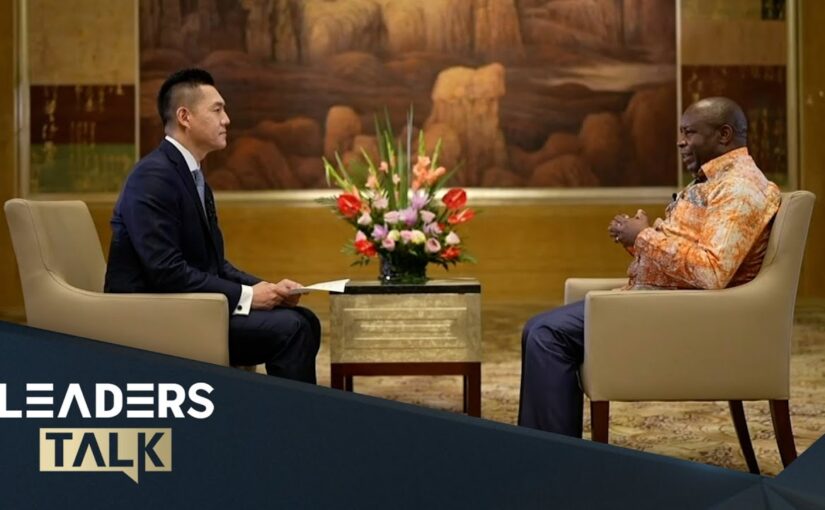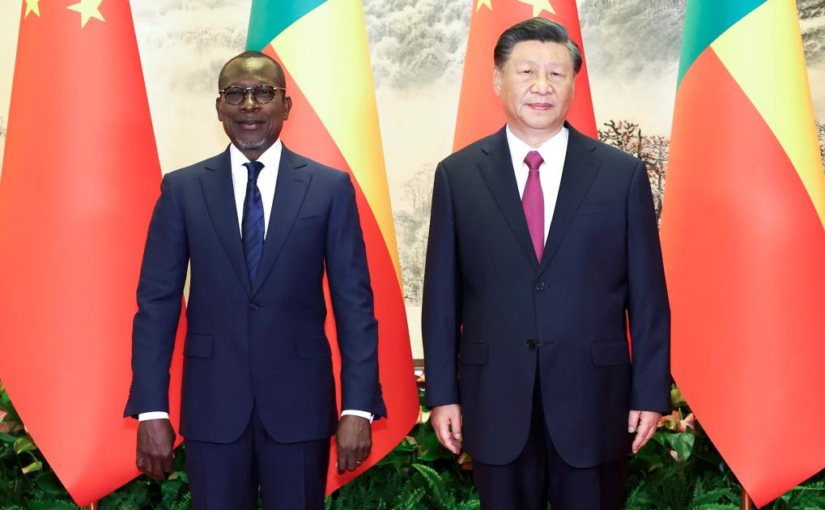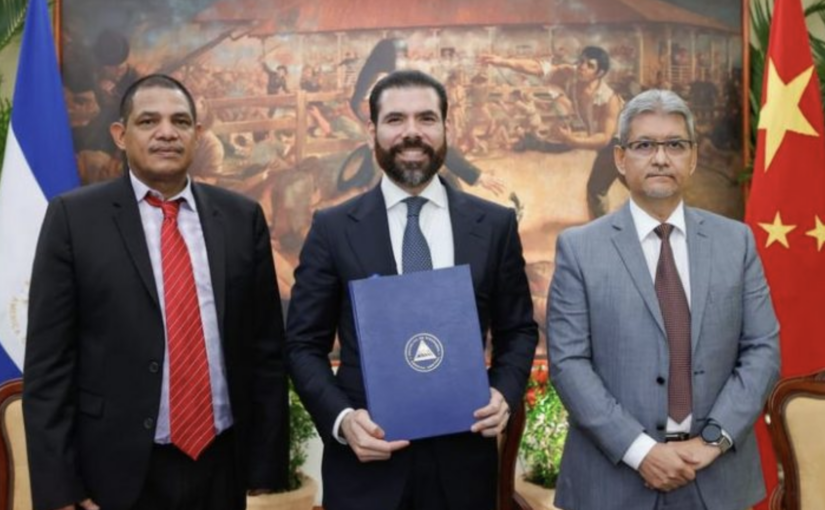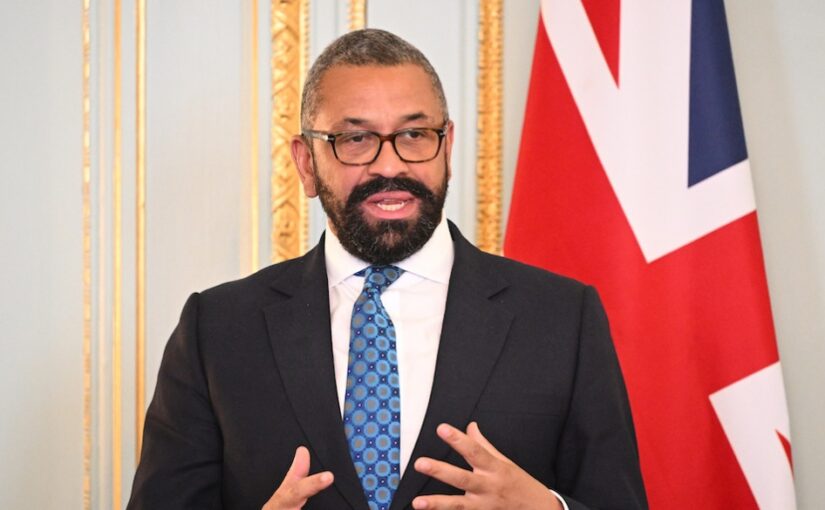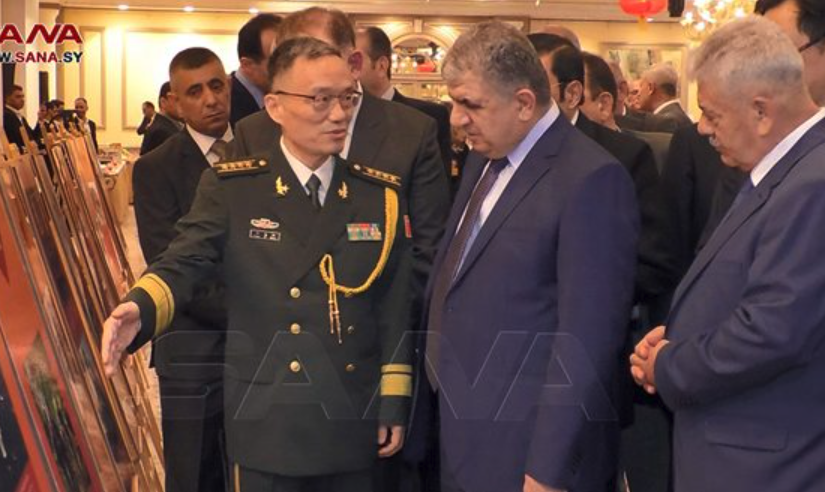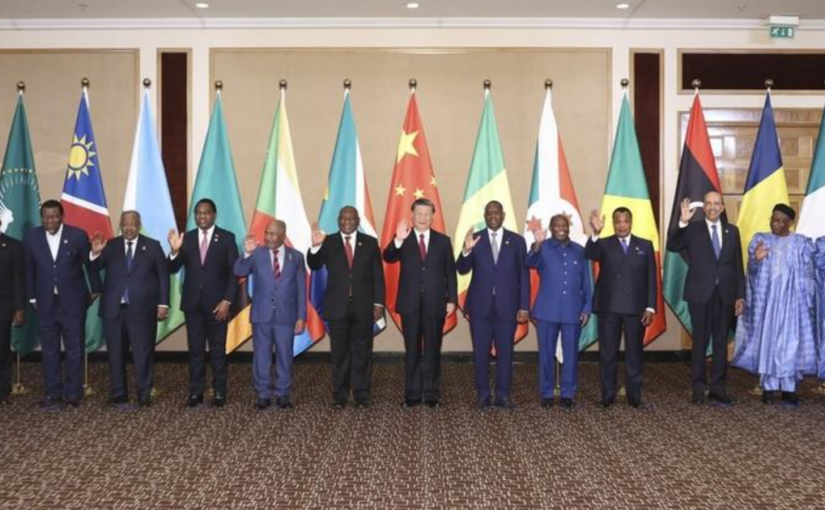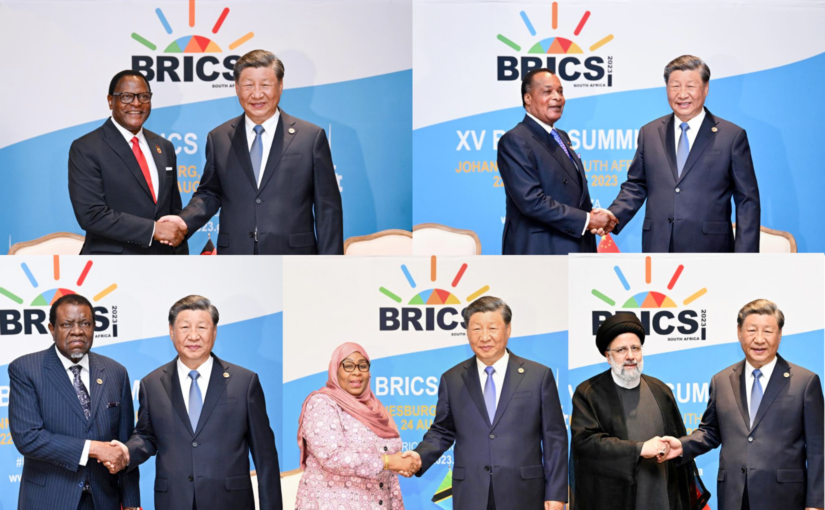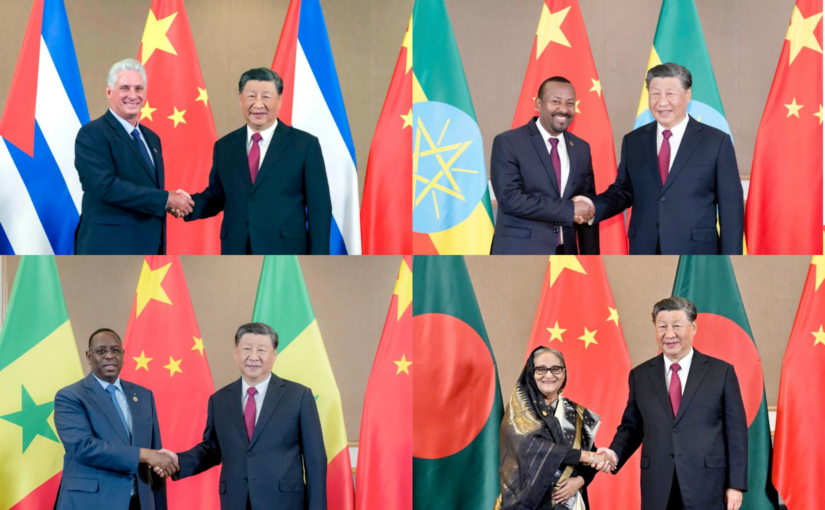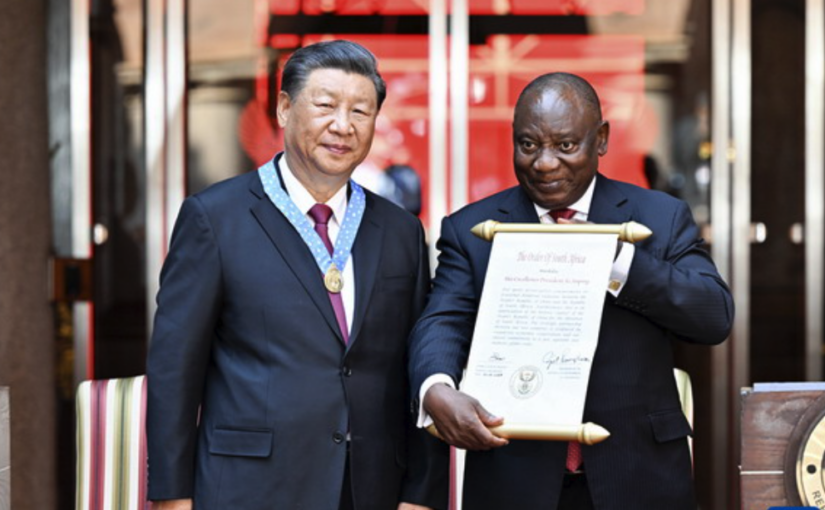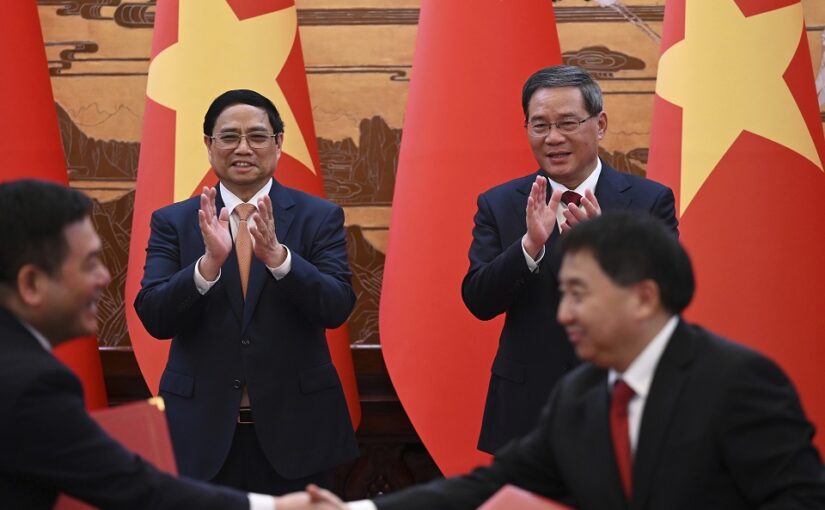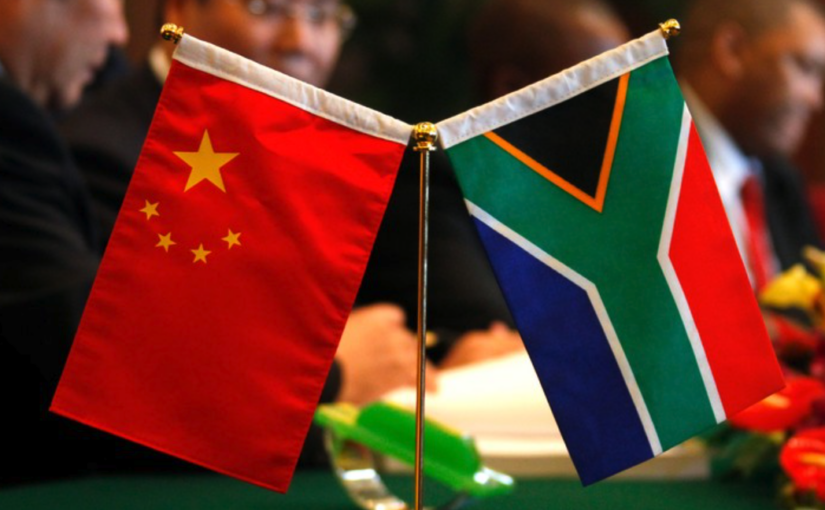The new Prime Minister of Cambodia, Hun Manet paid an official visit to China from September 14-16. Hun Manet chose China for his first bilateral foreign visit since assuming office in a sign of the close relations between the two countries.
President Xi Jinping met with him on September 15. He noted that the Cambodian leader’s choice of China fully demonstrates the great importance the new Cambodian government attaches to consolidating and developing China-Cambodia friendship.
China and Cambodia are ironclad friends, Xi said, adding that over the past 65 years since the establishment of diplomatic ties, the two sides have always maintained a high degree of mutual trust, treated each other as equals, achieved win-win results, and firmly supported each other in safeguarding national sovereignty, security and development interests.
Xi stressed that China firmly supports Cambodia in exploring a development path suited to its national conditions and stands ready to maintain regular strategic communication with Cambodia and deepen the exchange of governance experience.
The Chinese President pointed out that no matter how the international and regional situation may change, China is always Cambodia’s most reliable friend and staunch supporter, and that China stands ready to join hands with Cambodia to uphold international fairness and justice and safeguard the legitimate rights and interests of developing countries.
Hun Manet said that he chose China as the destination for his first official visit to show that the new Cambodian government will continue to firmly pursue a friendly policy toward China and further carry forward the ironclad friendship between Cambodia and China.
The prime minister added that Cambodia will abide by the one-China principle, firmly support China in safeguarding its core interests, and support the Global Development Initiative, the Global Security Initiative and the Global Civilisation Initiative proposed by President Xi.
Cambodia appreciates China’s long-term strong support and assistance for Cambodia’s economic and social development and is willing to work with China to implement the important consensus reached by the leaders of the two countries, deepen Belt and Road cooperation, and push for further development of bilateral cooperation in industry, agriculture, investment, culture and other fields.
When meeting his Cambodian counterpart on the same day, Chinese Premier Li Qiang said that China and Cambodia have always stood together through thick and thin and helped each other since establishing diplomatic ties 65 years ago and the two countries have set an example of equality and mutual benefit between countries.
Li pointed out that China firmly supports the Cambodian side in safeguarding national sovereignty, security, and development interests and in exploring a development path suited to its national conditions.
Hun Manet hailed the ironclad friendship with China, stressing that the new Cambodian government maintains no change in promoting this friendship and intends to work with China to carry forward the traditional relationship between the two countries.
Cambodia abides by the one-China principle, resolutely opposes external forces interfering in China’s internal affairs, and supports the significant initiatives put forward by China, he added.
The two countries released a joint communiqué in which they speak highly of the substantial development of the China-Cambodia relationship, which has been carefully nurtured by generations of leaders of both countries and has been constantly growing from strength to strength in the last 65 years since the establishment of diplomatic ties. Both sides emphasise that no matter how the international situation changes, they will unswervingly develop their ever-lasting friendship and deepen cooperation for mutual benefits, with a view to promoting the building of a high-quality, high-level and high-standard China-Cambodia Community with a Shared Future in the new era as a showcase for a community with a shared future for humanity.
Both sides reaffirm their respect and support for each other’s choice of development path that suits their respective national conditions. The Cambodian side speaks highly of China’s great achievements in the decade of the new era and of Chinese modernisation that offers an alternative modernisation for humanity and fresh opportunities for Cambodia. It trusts that China will achieve its second centenary goal of building a great modern socialist country in all aspects towards great national rejuvenation through Chinese modernisation. The Chinese side speaks highly of Cambodia’s economic and social achievements.
The Chinese side reaffirms resolute support to Cambodia’s endeavours to safeguard national sovereignty, security, and development interests while expressing firm opposition to any foreign interference in Cambodia’s internal affairs. And both express firm opposition to politicisation of human rights, double standards and interference in other countries’ internal affairs under the guise of human rights or democracy. Both sides agree to strengthen cooperation against interference and ‘Colour Revolutions’.
In recent years, Cambodia has experienced increasing external pressure in this regard due to its maintaining an independent and non-aligned posture regionally and internationally and its rejection of outside interference in its internal affairs. For example, the US House of Representatives passed a Cambodia Sanctions Bill in September 2021 and the US government tightened export controls to the country in December of the same year.
Surveying economic cooperation, the communiqué laid stress on the development of Cambodia’s Special Economic Zone along with the areas of agro-industries, transportation infrastructure, electricity, energy and manufacturing, in particular.
They further agreed to enhance cooperation in hydropower, photovoltaics, and other clean energy sources, to explore green, stable and reliable energy cooperation solutions, promote establishment of a China-Cambodia Low-Carbon Demonstration Zone Project of South-South Cooperation on Climate Change in Preah Sihanouk Province, and to carry out cooperation in policy dialogue, joint research and capacity building, with a focus on climate change, pollution management and circular economy; as well as to conduct cooperation in such areas of shared interests as comprehensive water resources management, flood and drought disaster prevention, and drinking water safety in rural areas.
As noted, this year marks the 65th anniversary of the establishment of diplomatic relations between Cambodia and China under the guidance of King Father Norodom Sihanouk, Chairman Mao Zedong and Premier Zhou Enlai. The anniversary has been marked by diverse exchanges and reciprocal visits. China’s top diplomat, Foreign Minister Wang Yi visited Cambodia in August and Minister Liu Jianchao of the Communist Party of China’s International Department visited in September.
Hun Manet succeeded his father, the long-serving Hun Sen, as Prime Minister on August 22, following general elections on July 23, when their Cambodian People’s Party again won a decisive victory.
The following reports were originally carried by the Xinhua News Agency.
Xi meets Cambodian prime minister
BEIJING, Sept. 15 (Xinhua) — Chinese President Xi Jinping met with Cambodian Prime Minister Hun Manet at the Great Hall of the People on Friday.
Xi pointed out that Prime Minister Hun Manet chose China as the destination for his first bilateral visit after taking office, which fully demonstrates the great importance the new Cambodian government attaches to consolidating and developing China-Cambodia friendship.
China and Cambodia are ironclad friends, Xi said, adding that over the past 65 years since the establishment of diplomatic ties, the two sides have always maintained a high degree of mutual trust, treated each other as equals, achieved win-win results, and firmly supported each other in safeguarding national sovereignty, security and development interests.
Xi stressed that China firmly supports Cambodia in exploring a development path suited to its national conditions, and stands ready to maintain regular strategic communication with Cambodia and deepen the exchange of governance experience.
He said the two sides should make good use of the mechanism of the intergovernmental coordinating committee and implement the new action plan for building a China-Cambodia community with a shared future.
Continue reading Hun Manet visit consolidates China-Cambodia friendship